Background
Tax deduction at source (‘TDS’) mechanism was initially introduced under direct tax laws i.e. income tax laws. It is a way of tax collection wherein certain portion of amount is deducted by the person paying the consideration to the supplier. Basically, it provides for the sharing of responsibility of tax collection by tax department and deductors, which in turn ensures regular inflows to the Government and prevents tax evasion. Under indirect tax laws, concept of tax deduction could be traced in erstwhile State level VAT enactments also. Now, post GST implementation, the concept has also been made applicable effective from October 01, 2018 which is in addition to obligation of deduction of tax at source under direct tax laws.
Who to make TDS [S. 51(1) of CGST Act]
Following persons, as notified (collectively referred to as ‘Deductors’) may be required to make TDS;
1. A department or establishment of Central Government or State Government; or
2. Local authority; or
3. Governmental agencies; or
4. Such person or category of persons as may be notified, by the Central Government or a State Government on the recommendation of GST Council.
Notified persons required to make TDS
Following persons have been notified to comply with TDS provisions effective from October 01, 2018
1. An authority or board or any other body
2. Set up by an Act of Parliament or a State legislature; or
3. Established by any Government with 51% or more participation by way of equity or control, to carry out any functions
4. Society established by the Central Government or the State Government or a Local authority under Society Registration Act, 1860;
5. Public sector undertakings (‘PSU’)
[Refer Notification No. 50/2018-CT dated 13.09.2018]
Exemption from TDS provisions
1. Authorities under Ministry of Defence and their offices, other than specified authorities. [Notification 57/2018-CT dated 23.10.2018]
2. Supplies from one PSU to other PSU, whether or not a distinct person. [Notification 61/2018-CT dated 05.11.2018]
3. Transaction between one person to another person specified in clauses (a), (b), (c) and (d) of S. 51(1). [Notification 73/2018-CT dated 31.12.2018]
Regulations relating to TDS
1. Rate of TDS
1. In case of intra-state transactions, 1% for CGST and 1% of SGST on payment made or credited
2. In case of inter-state transactions, 2% for IGST on payment made or credited
2. Other relevant provisions
1. TDS required to be made from the payment made or amount credited, if total value of supply under a contract, in respect of supply of taxable goods or services or both exceeds INR 2.5 lakhs.
2. Value not to include the taxes leviable under GST laws i.e. CGST, SGST, IGST and Cess, as indicated in invoice.
3. Where contract is made for both taxable and exempt supply, TDS provisions shall apply on taxable supply component, subject to taxable value under contract being more than the specified limit of INR 2.5 lakhs. Hence, where a contract is made for INR 5 lakhs (say) wherein the taxable value of supply is up to INR 2.5 lakhs, no tax deduction shall be required, even if total contract value is more than INR 2.5 lakhs.
4. No tax deduction shall be made if location of supplier and place of supply is in a State or UT which is different from the State or UT where the recipient is registered.
5. Where supplier, recipient and place of supply are within the same State, it would be an intra-state transaction leviable to CGST and SGST. Accordingly, TDS for CGST and SGST shall be deducted in this case.
6. Where supplier is location on one State but recipient and place of supply, both are in some other State, it shall be an inter-state supply leviable to IGST. Accordingly, TDS for IGST shall be deducted in this case.
7. Where supplier and recipient, both are in one State but the place of supply is in some other State, it shall be an inter-state transaction leviable to IGST. Accordingly, TDS for IGST shall be deducted.
8. Where supplier and place of supply both are in one State but recipient is in some other State, it shall be an intra-state transaction leviable to CGST and SGST. But, no TDS shall be deducted in this case, as deposit of TDS on account of CGST and SGST of a State where recipient is not registered is not possible.
3. No tax Deduction in certain cases
1. Total value of taxable supply is up to INR 2.5 lakhs under the contract.
2. Contract value is more than INR 2.5 lakhs but value of taxable component is up to INR 2.5 lakhs.
3. Supply of exempted services or exempted goods or non-taxable goods.
4. Activities or transactions as listed in Schedule III appended to the CGST Act, 2017.
5. Where transactions are covered under reverse charge mechanism (‘RCM’) of taxation.
6. Where payment relates to any invoice issued prior to the date of TDS provisions coming into force i.e. 01.10.2018.
7. Where payment has been made in advance prior to 01.10.2018 and invoice has been issued on or after 01.10.2018 to the extent of advance payment made before 01.10.2018.
8. In case of payments made to un-registered suppliers.
4. Obligations of deductor
1. Compulsory registration for the purposes of tax deduction.
2. Payment of amount deducted as TDS to the Government latest by 10th day of succeeding month.
3. Issuance of TDS certificate in Form GSTR 7A within 5 days from the date of payment of TDS to the Government where such certificate shall contain prescribed particulars like contract value, rate of TDS, TDS amount, amount paid to Government etc. However, amendment has been brought in CGST Act vide Finance Act, 2020 (though not yet made effective), wherein Government has been empowered to prescribed the form in which such certificate is to be issued and the manner of issuance of such certificate.
4. Filing of monthly return for TDS in Form GSTR-07 by 10th day of the succeeding month.
5. No requirements of filing annual return for a deductor.
5. Utilization of TDS by the supplier
Amount deducted as tax shall be credited to the cash ledger of the supplier, which can be used for the payment of tax, interest, penalty or any other amount.
6. Cases of excess or erroneous deductions
In case of excess deduction, deductor or deductee, as the case may be, can claim refund of such amount in terms of S. 54 of the CGST Act.
Deductor would not be eligible for refund where the amount has been credited to the cash ledger of deductee, even if such amount has been deducted in excess.
7. Consequences of default in complying with TDS provisions
1. Failure to deduct tax in terms of S. 51, or failure to pay the tax where deducted or short deduction of tax
2. Interest at the rate of 18% shall be payable for the period commencing from the date when such tax was due to be paid and ending with the date when it is actually paid.
3. Proceeding in terms of S. 73 or S. 74 of the CGST Act may be attracted.
4. Penalty of INR 10,000 or an amount equivalent to tax evaded or tax not deducted in terms of S. 51 or tax short deducted or tax deducted but not paid to the Government, whichever is higher. [Section 122]
5. Non-issuance or delayed issuance of TDS certificate (though requirement of TDS certificate has been omitted by Finance Act, 2020, but not yet made effective)
6. Late fee of INR 100/- per day after the expiry of 5 days from the date of payment of tax to the Government till the failure continues, subject to maximum of INR 5,000/-.
7. Delayed filing of TDS returns
8. Late fee of INR 100/- per day during which the default continues, subject to maximum of INR 5,000/-.
*****
Disclaimer : Views expressed in this article are personal views of the author and are for guidance purposes only. Although care has been taken in compiling and checking the information contained herein, however, we make no representations or warranty of any kind, express or implied, regarding the accuracy, adequacy, validity, reliability or completeness of any information. It is further advised that the information above should not be treated as legal advice and should not be acted upon in business scenarios. An appropriate legal/professional advice should be taken prior to acting upon the above while undertaking business transactions.










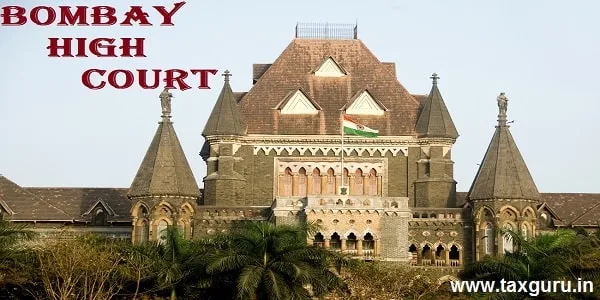

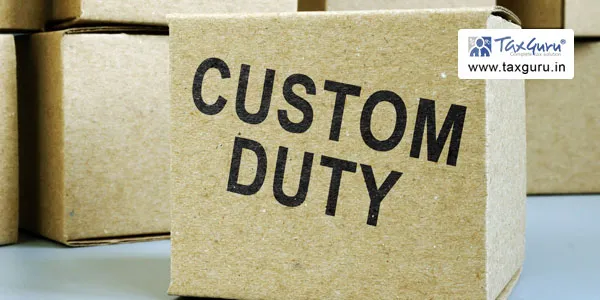


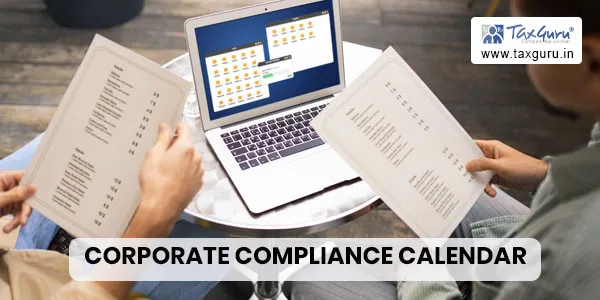

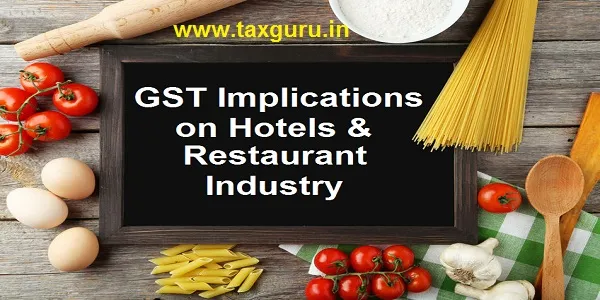



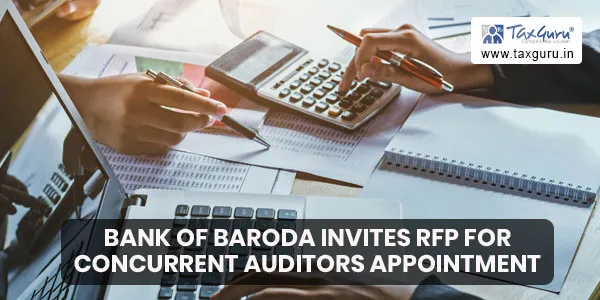
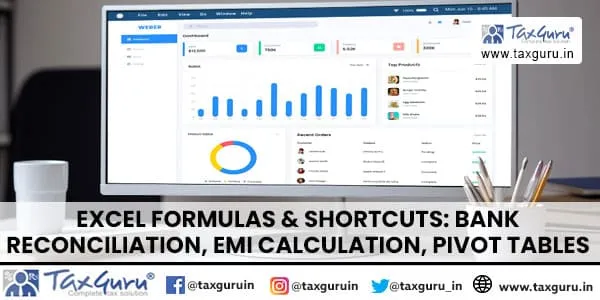
INSTANT
The two mechanisms for tax collection of relevance are , ‘TDS’ and ‘TCS’. Those are , if not mistaken, are materially different. And, under the GST law regime (in comparison to the income-tax law regime) aptly put, mostly partake the characteristics of ‘TCS’ (hence entails / calls for no ‘grossing-up for tax’ as required say, payment of ‘tax free income’ under the direct tax law )
For MORE feed, go through the several related posts on FB and Linkedin
Anyone with a contrarian view ?
Heading is misleading . Though, there are obligations cast on TDS deductors, TDS under GST is more for providing Information to the Department. Still there may be few Vendors, who do not remit GST received from their clients , to the Government !